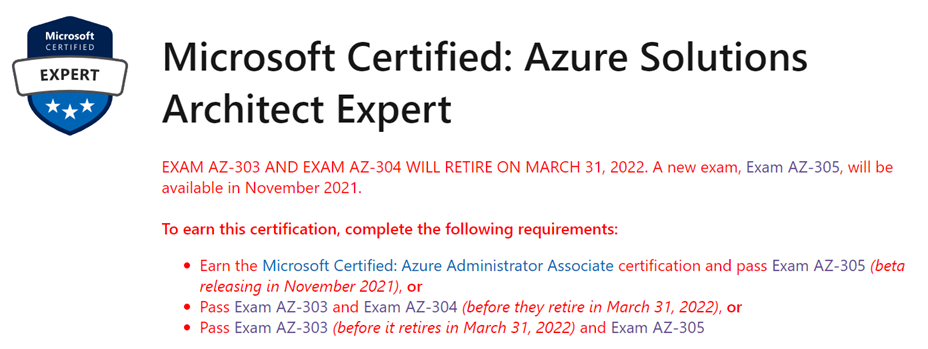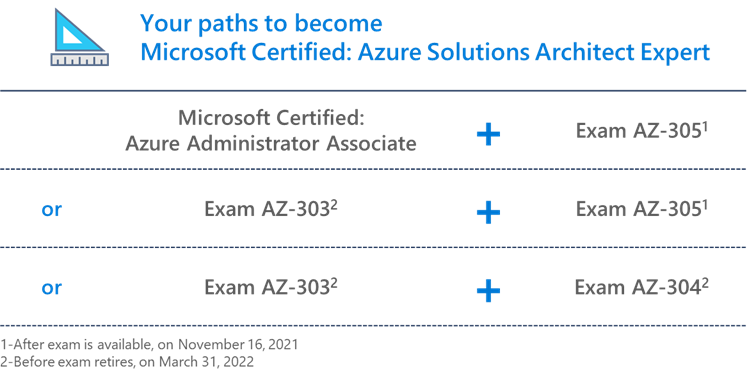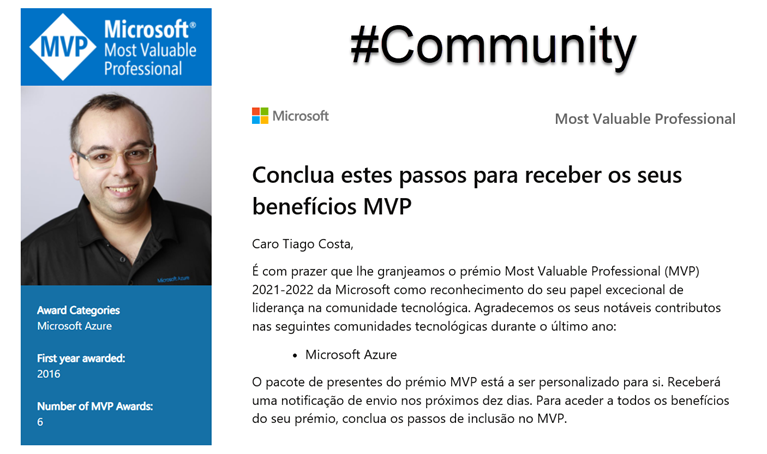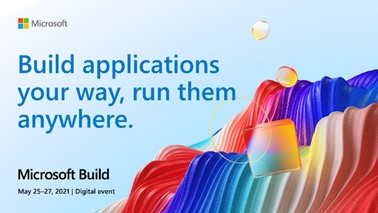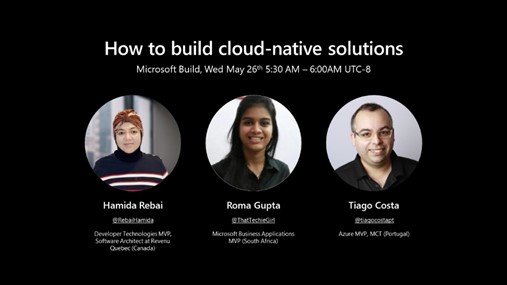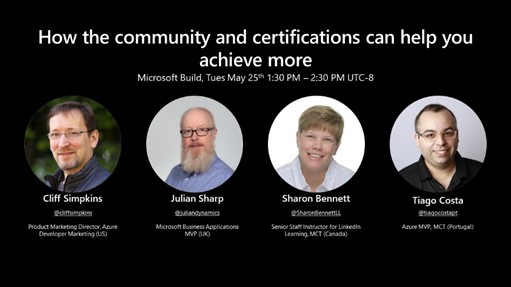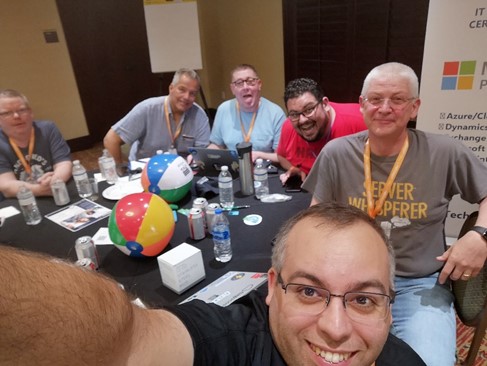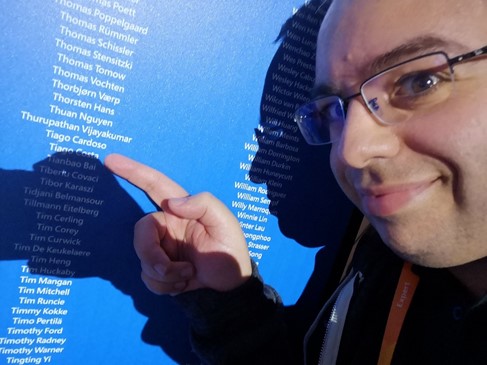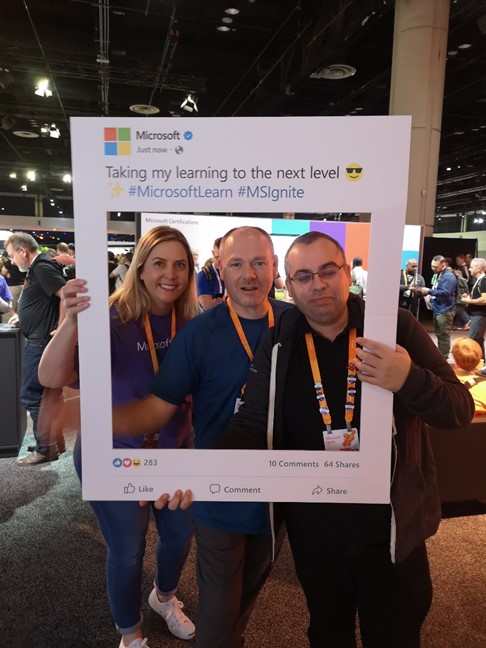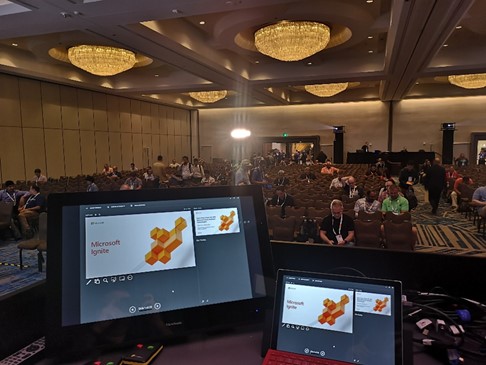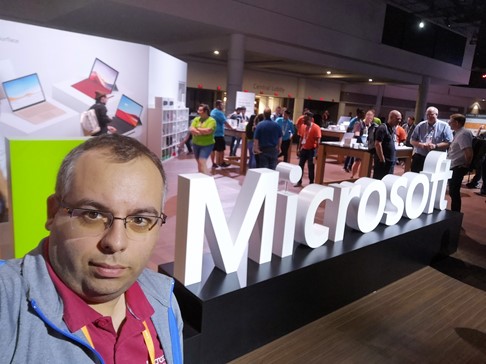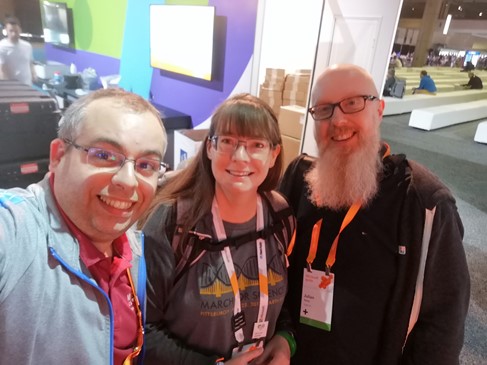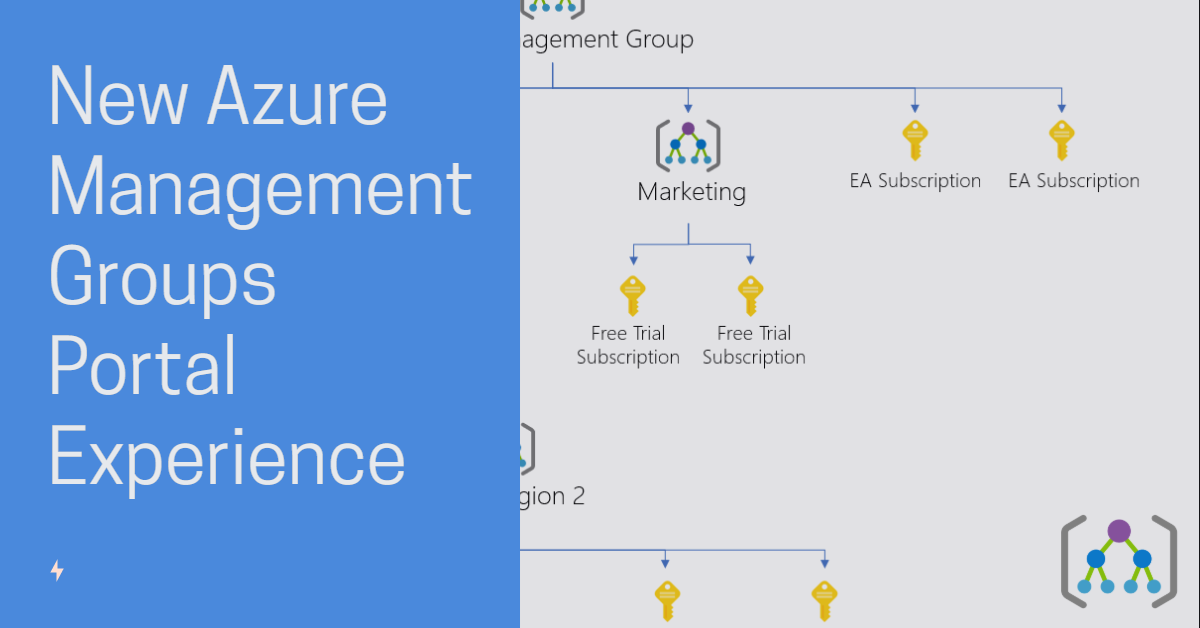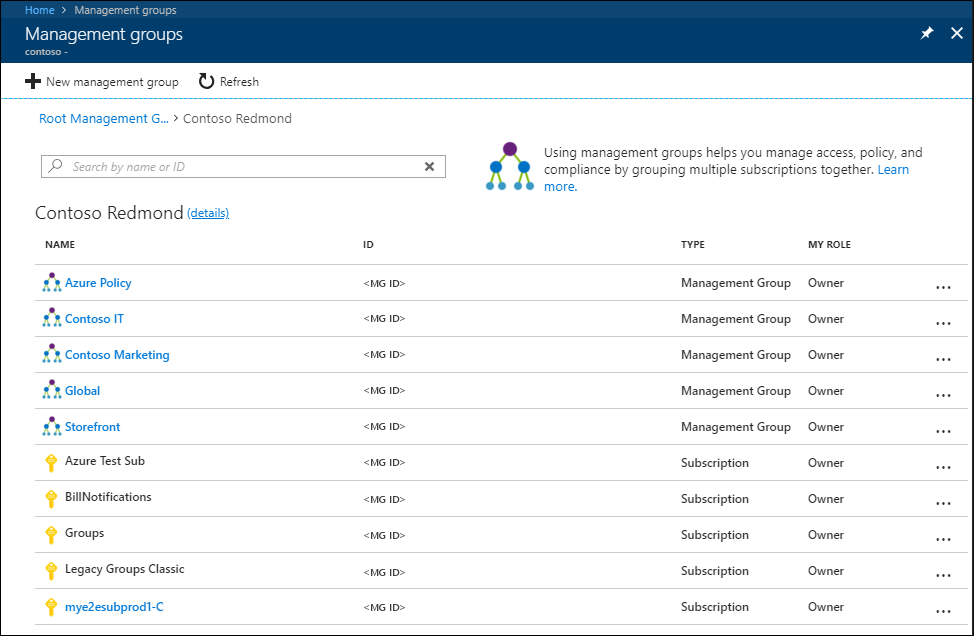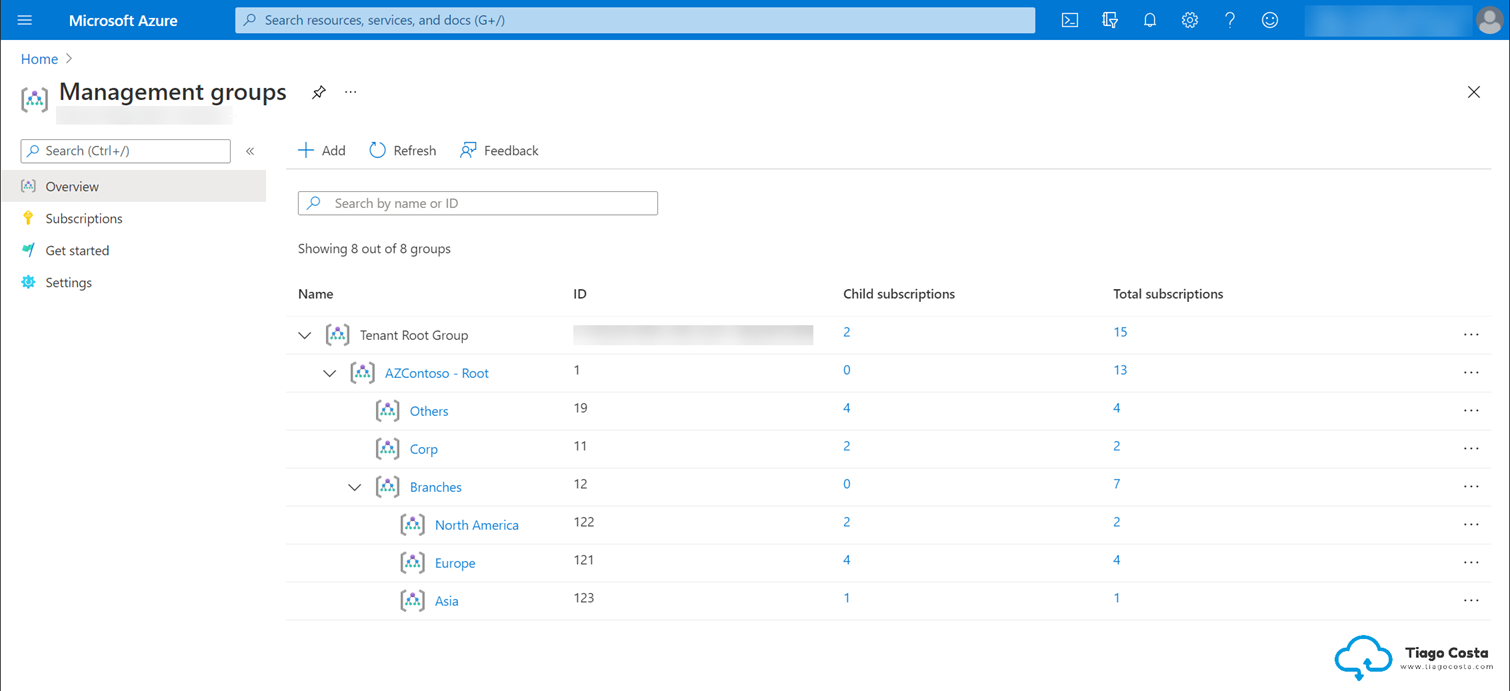In the dynamic world of cloud computing, Azure stands out as a powerhouse, offering many services to meet the diverse needs of developers and businesses alike. A TLS (Transport Layer Security) certificate is an essential component of a secure and trustworthy website. In this article, we’ll explore Azure Tips and Tricks to add a TLS certificate to your Azure Web App without breaking the bank – in fact, for FREE!
Why TLS Matters?
TLS is crucial for ensuring secure communication between users and your website, safeguarding sensitive information such as login credentials and personal data. It encrypts the data exchanged between the user’s browser and your web server, preventing unauthorized access and potential security breaches.
Azure App Service and TLS.
Azure App Service makes hosting web applications, APIs, and mobile backends easy. However, enabling TLS on your Azure Web App traditionally involved purchasing a certificate, which could be a deterrent for smaller projects or developers on a tight budget. But fear is not! Azure offers a fantastic solution to obtain a TLS certificate for free.
Let’s dive into the step-by-step process:
Step 1: Access the Azure Portal
- Log in to your Azure portal at https://portal.azure.com/ and select the Azure Web App for which you want to add the TLS certificate.
Step 2: Configure TLS Settings
- In the left-hand menu, under the “Settings” sections, select “Certificates”. Here, you’ll see options for configuring your certificates.
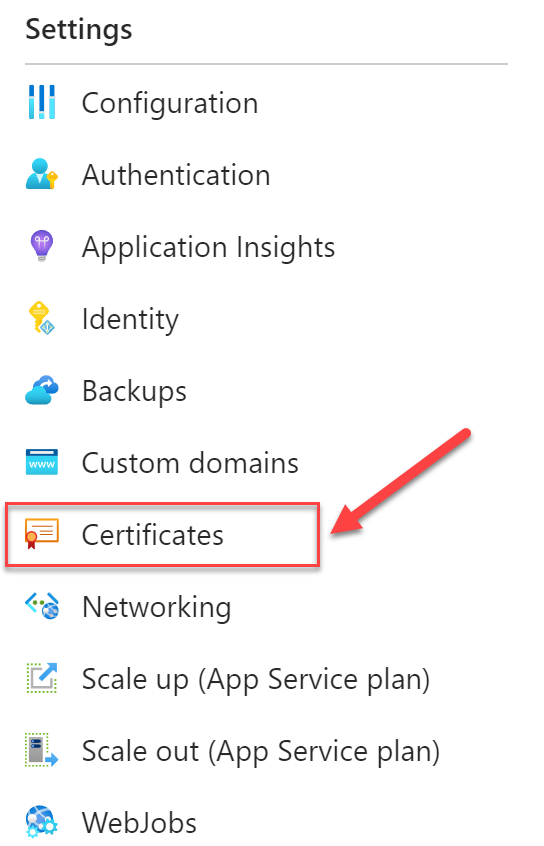
Step 3: Create the TLS Certificate
- Select “Managed Certificates” and then “+ Add certificate”.
Azure allows you to create a free App Service Managed Certificate, simplifying the process.

Step 4: Add Domain and Validate
- Select your custom domain name and select “Validate”. Azure will automatically validate your domain, ensuring that you have ownership. After the validation process is completed, select “Add”.
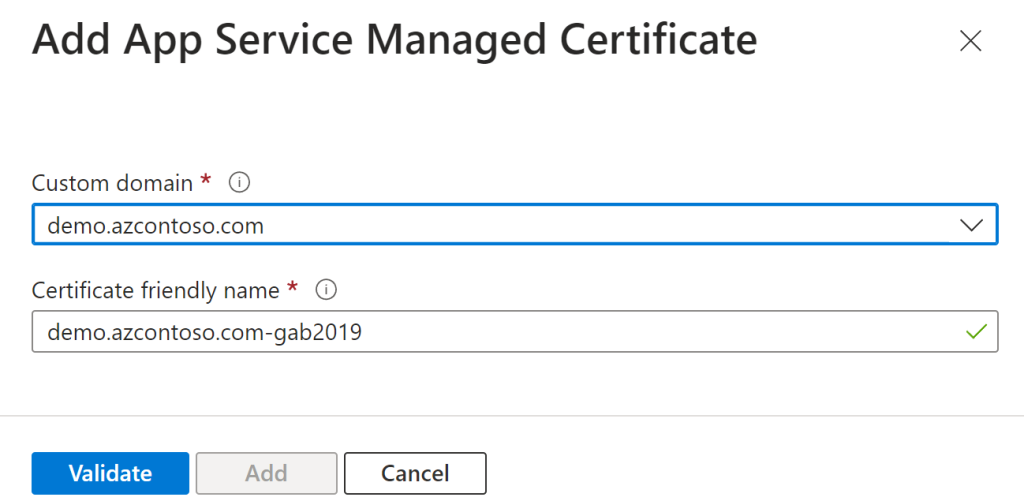
Conclusion:
You’ve just added a free TLS certificate to your Azure Web App, enhancing the security and trustworthiness of your website. Azure’s user-friendly interface and App Service Managed Certificates have made the once daunting task of obtaining and configuring TLS certificates a breeze.
With this knowledge, you can confidently deploy your web applications on Azure, knowing you’re providing a secure environment for your users without breaking the bank. Stay tuned for more Azure Tips and Tricks to unlock the full potential of Microsoft’s cloud platform!


